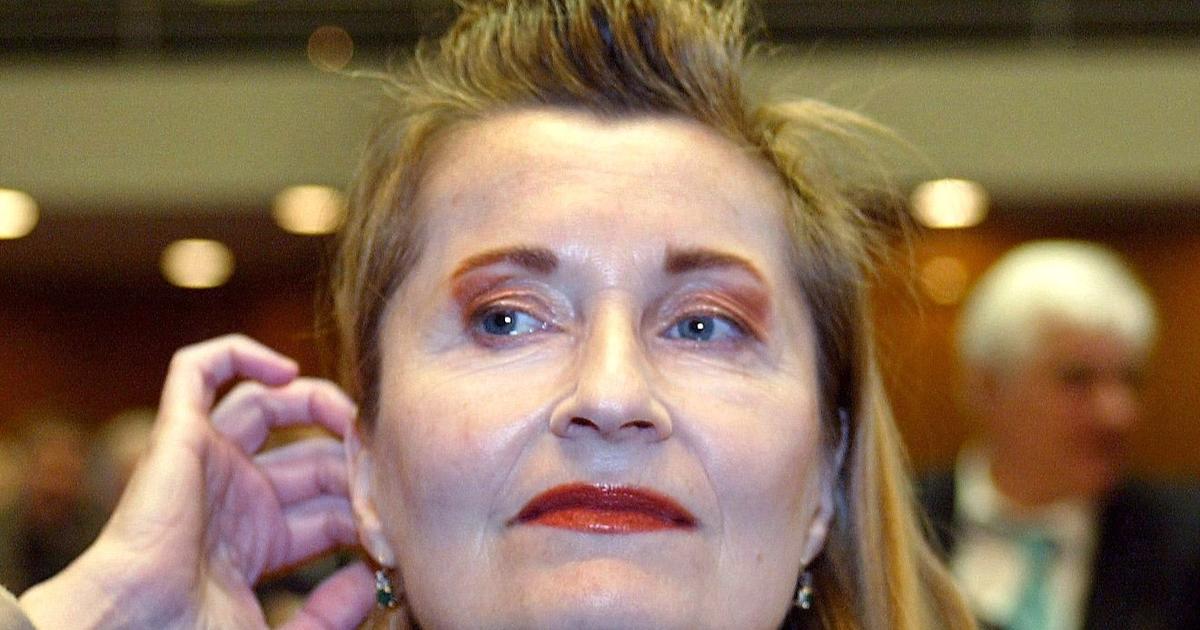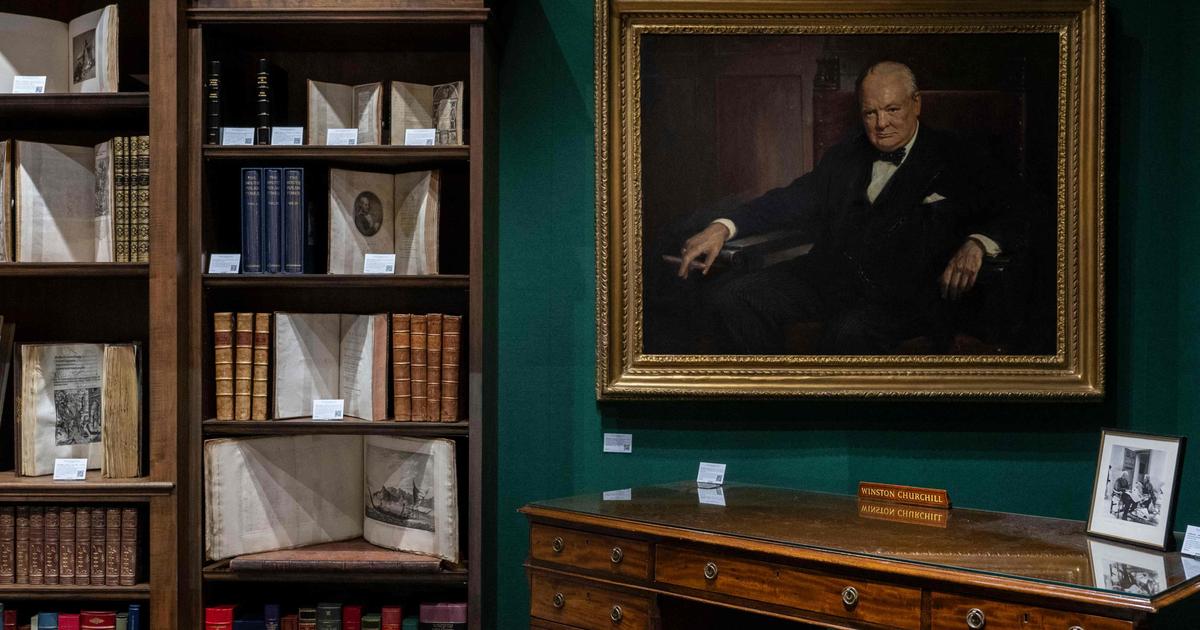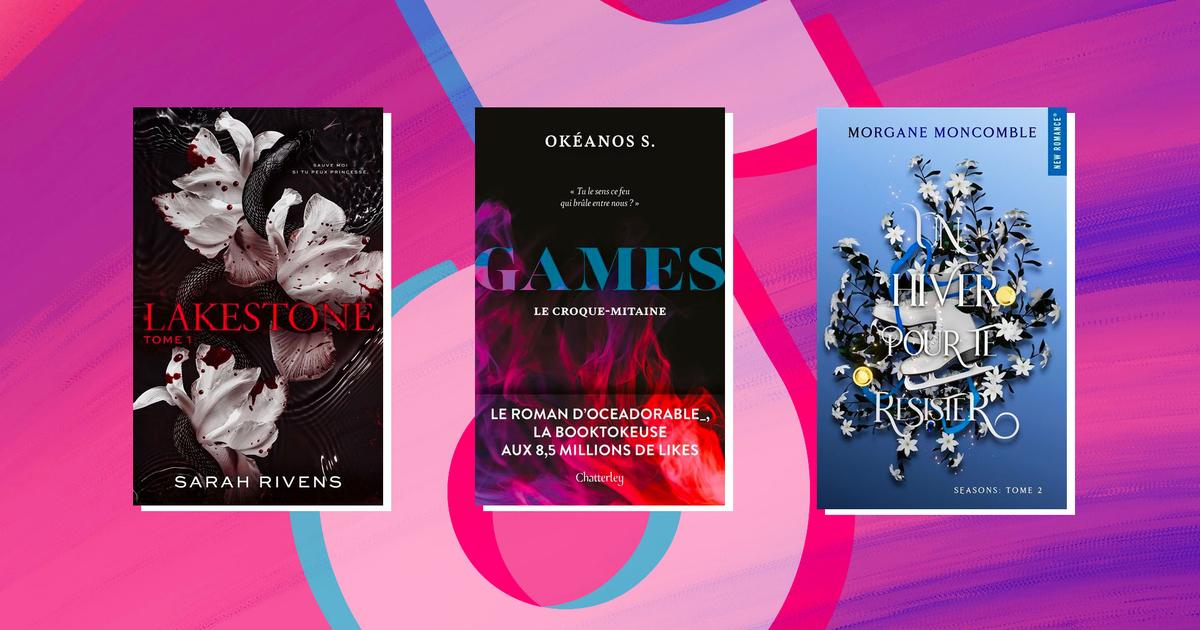Annie Ernaux published her first novel in 1974 and abandoned fiction 10 years later.
Since then, she only publishes autobiographical works.
Or, as she prefers to say, “auto-socio-biographical”.
Heir to Claire Etcherelli's narrative workerism and Pierre Bourdieu's sociological materialism, she has dedicated her life to narrating her own declassification, that is, "the social rupture" that it meant for her to go "from the dominated class to the dominant".
The place
.
An inquiry, halfway between the personal and the collective, about the place in society of Annie Ernaux's father, a worker converted into a small hotelier in a Norman village.
And a reflection on the fact of writing on behalf of what Pierre Bourdieu called “the heirs”.
At the age of 44, Ernaux published the book that, after three novels, marked his abandonment of fiction and changed the way of writing it.
Shortly after she passed the exams for high school teacher, her father died.
The result is a book "written because we no longer had anything to say to each other" in which the writer traces her father's life, while questioning how to tell that life without embellishing its harshness, without bucolism, or pathos, no populism.
Three years later, in 1987, she dedicated to her mother the book that completes her story:
A woman
.
A woman
.
The strong seal of her womanhood, of a gaze inseparable from her gender and her social class, was printed in this book.
In this dazzling story of barely 100 pages, she describes how her mother sold potatoes all day so that she "could sit in a university amphitheater to listen to Plato," as Alex Vicente recalled here.
In 1997, a decade after the appearance of
A Woman
, Ernaux published the diary that consecrated her mother, who began to suffer from Alzheimer's disease:
I have not left my night
.
The event
.
It is this work that dares with probably the most inextricable taboo of the experience of many women: abortion.
With a cold and naked precision, it unfolds the chain of events and feelings that leads to her termination of the pregnancy at the age of 23: from the moment of the news to the doubts, going through the anguish, the loneliness or the disparity of emotions regarding the owner of the sperm that has caused such a personal tsunami.
It is perhaps Annie Ernaux's hardest book and the best one to start reading her.
She doesn't spare a single word.
Taken to the cinema by Audrey Diwan, the film won the Golden Lion in Venice, in 2021.
The shame
.
Life of the Duchesne family, maiden name of the writer, in the Norman village of Yvetot.
Life in a specific year, 1952. The father wants to kill the mother and the questions are unleashed.
An investigation on rural life and on the relationship between public and private life (also the one that is forged in private schools).
Pure passion
.
The story of a wait and an obsession: to live is to pass the time between two appointments.
She is an educated woman and he is a diplomat from an Eastern country.
When he leaves, she despairs.
In the first scene, the narrator watches a pornographic movie on Canal Plus.
Encrypted.
And from there she extracts a whole literary theory.
The years
.
A book that covers the history of France from images and fragments accompanied by narration and reflection.
Published in 2008, it followed
El uso de la foto
, a kind of diary written in four hands with his partner, Marc Marie.
This time it was based on photographs (included in the book) taken in the places where they had had sexual relations.
In the end, it also became the chronicle of the writer's healing from cancer.
The occupation
.
Another book, another obsession.
This time by a man whom the narrator has previously rejected.
His new relationship produces jealousy in the woman that prevents her from thinking about anything other than finding out who "the other" is.
As in the rest of her books, Annie Ernaux goes to the bottom of her own irrationality, without making up one iota of her self-portrait.
Published in France in 2002, it was adapted to the cinema as
The other
to avoid the Franco-Nazi connotations of the original title.
the empty cabinets
.
Published in Spain in 2022 by Cabaret Voltaire, like a large part of her work (her other Spanish publishing house is Tusquets), Annie Ernaux's first novel traces the trapped life of a young woman in the France of a provincial neighborhood facing the difficulties of growing up , of becoming independent, of fleeing from a small-town childhood, of oilcloths, dirt and groceries in search of a future of knowledge and education.
“I hate my father because every morning the waterfall of pee crosses the partition, to the last drop”, refers the narrator to get us into that house that is at the same time a family business, where the air weighs stale due to excess of presence, excess of parents, excess of clients, excess of smell, of stench.
the frozen woman
.
The third novel of the new Nobel marked her abandonment of fiction.
In it, he collects the miseries of marriage, from falling in love and the belief in the liberation that forging your own home means, your independence, the debut of adult life, as well as the disappointment when discovering the nooks and crannies in which it takes refuge and magnifies machismo.
From the man seen as a key piece in your liberation to the man seen as the one who is going to cut off your present the most.
Your future.
As a writer who is from the generation of 68, disappointed by so many charlatans, who embraced a supposedly liberating philosophy that they did not practice with her own companions, Ernaux defenestrates lost illusions and traces a second liberation,
the one that tries to figure out that the man you shared those ideas with is waiting for you to put food on his plate when he gets back from college.
So clear.
In a 2008 interview with
Babelia
He explained: “I don't like symbolist titles or titles that initially evoke something and put the reader in a certain state of mind.
I don't like those who impose a reading from the outset.
I only blame myself for two titles:
Ce qu'ils disent ou rien
and
La mujer frozen
.
The publisher imposed them on me”.
They are, respectively, his second and third novel by him.
There are many characteristic elements of the work of the new Nobel laureate.
Her feminism, her principles, her independence, her literary quality, her veracity, her plot and structural nudity, what she has called betrayal of her social class or the chronicle of the society in which she grew up, was excited, disappointed and always knew reflect have defined his career.
Ernaux has composed a kind of
garden of delights
for a society that transits from heaven to purgatory or hell.
All this, without asking permission from men.
Subscribe to continue reading
read without limits
Keep reading
I'm already a subscriber

/cloudfront-eu-central-1.images.arcpublishing.com/prisa/IVD5B7JA4BDTBNUH3NBUC3K5L4.jpg)






